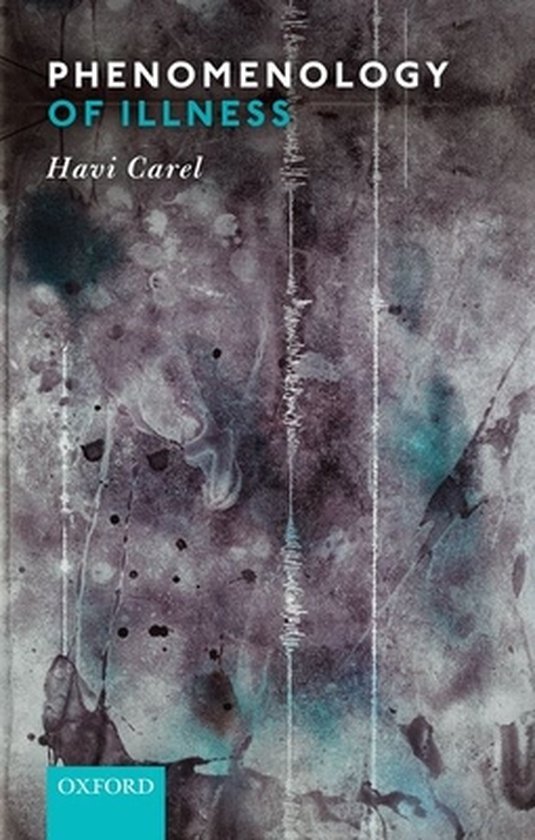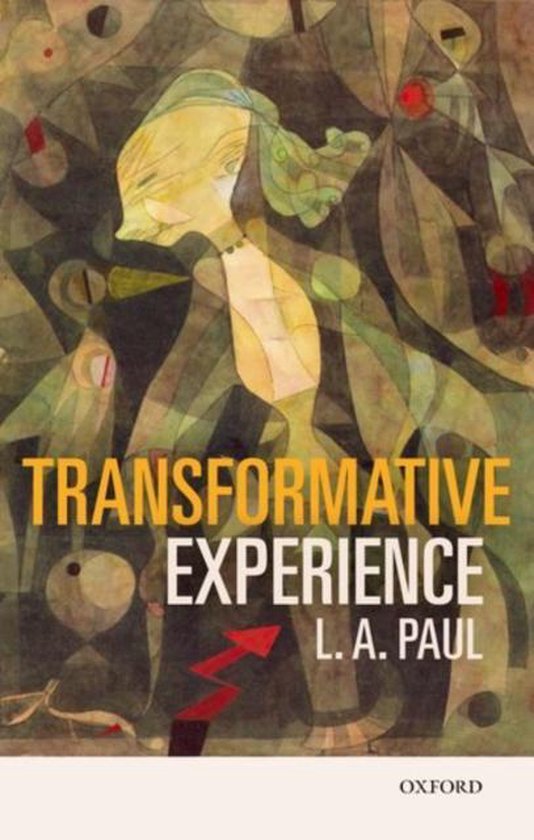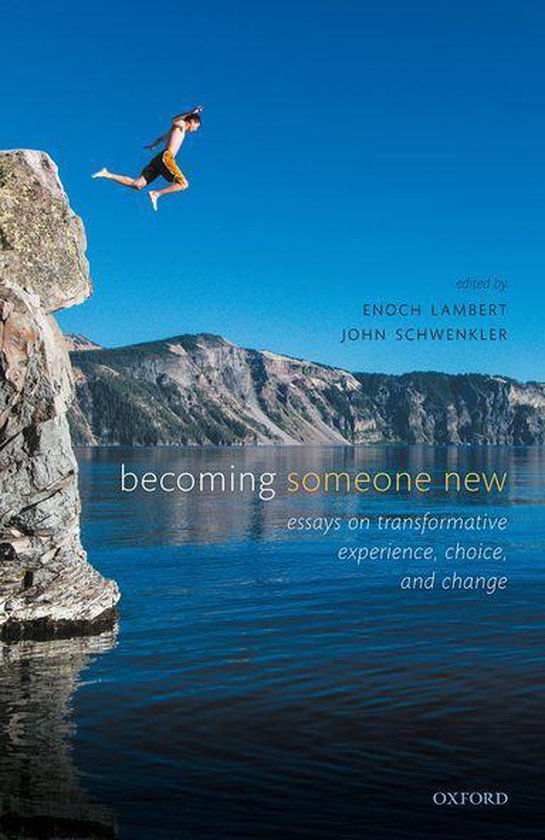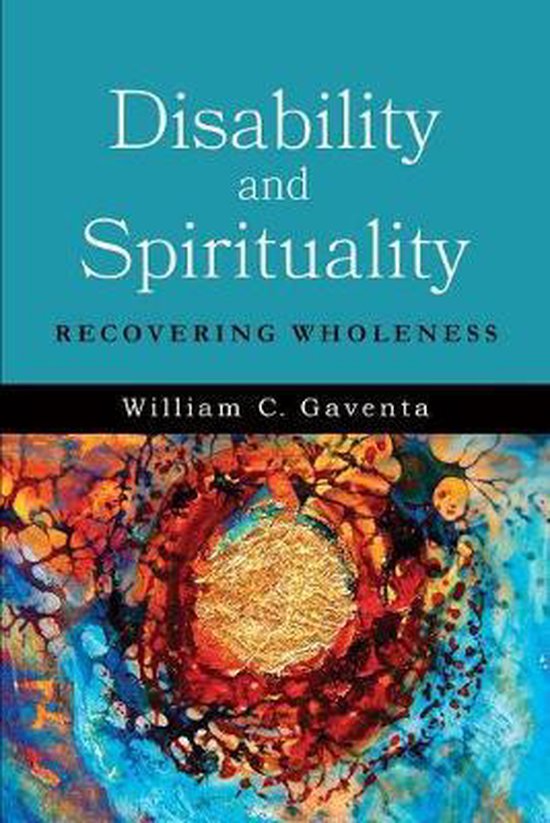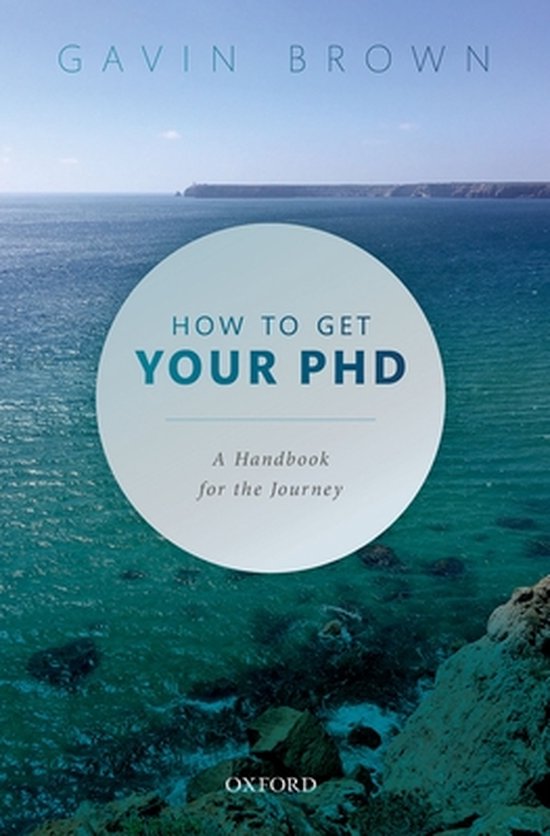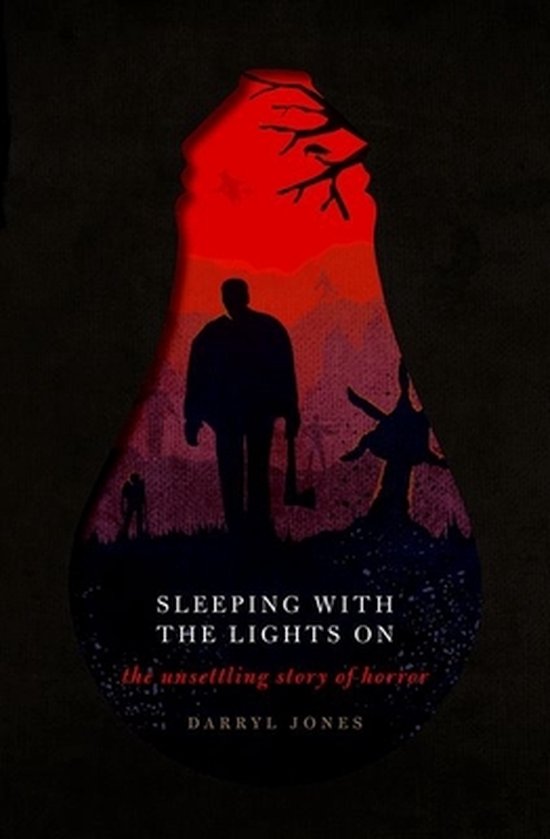
Sleeping With the Lights On
Fear is one of the most primal emotions, and one of the hardest to reason with and dispel. So why do we scare ourselves? Delving into the darkest corners of horror literature, films, and plays, Darryl Jones explores its monsters and its psychological chills, discussing why horror stories disturb us, and how they reflect society's taboos.
Four o'clock in the morning, and the lights are on and still there's no way we're going to sleep, not after the film we just saw. The book we just read. Fear is one of the most primal human emotions, and one of the hardest to reason with and dispel. So why do we scare ourselves? It seems almost mad that we would frighten ourselves for fun, and yet there are thousands of books, films, games, and other forms of entertainment designed to do exactly that. As Darryl Jones shows, the horror genre is huge. Ranging from vampires, ghosts, and werewolves to mad scientists, Satanists, and deranged serial killers, the cathartic release of scaring ourselves has made its appearance in everything from Shakespearean tragedies to internet memes. Exploring the key tropes of the genre, including its monsters, its psychological chills, and its love affair with the macabre, Darryl Jones discusses why horror stories disturb us, and how society responds to literary and film representations of the gruesome and taboo. Should the enjoyment of horror be regarded with suspicion? Are there different levels of the horrific, and should we distinguish between the commonly reviled carnage of contemporary torture porn and the culturally acceptable bloodbaths of ancient Greek tragedies? Analysing the way in which horror manifests multiple personalities, and has been used throughout history to articulate the fears and taboos of the current generation, Jones considers the continuing evolution of the genre today. As horror is mass marketed to mainstream society in the form of romantic vampires and blockbuster hits, it also continues to maintain its former shadowy presence on the edges of respectability, as banned films and violent internet phenomena push us to question both our own preconceptions and the terrifying capacity of human nature.
Four o'clock in the morning, and the lights are on and still there's no way we're going to sleep, not after the film we just saw. The book we just read. Fear is one of the most primal human emotions, and one of the hardest to reason with and dispel. So why do we scare ourselves? It seems almost mad that we would frighten ourselves for fun, and yet there are thousands of books, films, games, and other forms of entertainment designed to do exactly that. As Darryl Jones shows, the horror genre is huge. Ranging from vampires, ghosts, and werewolves to mad scientists, Satanists, and deranged serial killers, the cathartic release of scaring ourselves has made its appearance in everything from Shakespearean tragedies to internet memes. Exploring the key tropes of the genre, including its monsters, its psychological chills, and its love affair with the macabre, Darryl Jones discusses why horror stories disturb us, and how society responds to literary and film representations of the gruesome and taboo. Should the enjoyment of horror be regarded with suspicion? Are there different levels of the horrific, and should we distinguish between the commonly reviled carnage of contemporary torture porn and the culturally acceptable bloodbaths of ancient Greek tragedies? Analysing the way in which horror manifests multiple personalities, and has been used throughout history to articulate the fears and taboos of the current generation, Jones considers the continuing evolution of the genre today. As horror is mass marketed to mainstream society in the form of romantic vampires and blockbuster hits, it also continues to maintain its former shadowy presence on the edges of respectability, as banned films and violent internet phenomena push us to question both our own preconceptions and the terrifying capacity of human nature.
| Auteur | | Darryl Jones |
| Taal | | Engels |
| Type | | Hardcover |
| Categorie | | Mens & Maatschappij |
